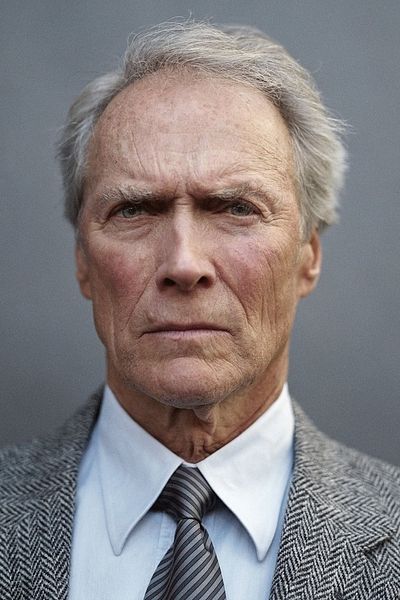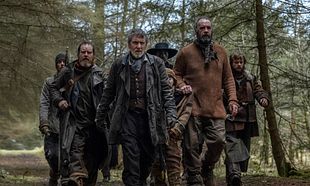Mike Milo (Clint Eastwood) is a retired rodeo rider and horse trainer who is coerced by his former boss (Dwight Yoakam) to go to Mexico to retrieve his estranged son (Eduardo Minett) and bring him back to the US.
As the world's leading nonagenarian director, Clint Eastwood can comfortably lay claim to the fact that there's very little road left for him to cover in his career. So, in his later years, Eastwood has come to interrogate how it was he came to be one of the most recognisable faces on screen. 'Unforgiven', 'Gran Torino', 'The Mule', and now 'Cry Macho' represent a quartet of movies in which Eastwood has tried with some success to unearth and understand it.
'Cry Macho' doesn't have the same burst of violence that 'Unforgiven' has, nor does it come with the baggage of 'Gran Torino' either. If there's a comparison to be made with his earlier work, 'Cry Macho' probably has something in common with 'A Perfect World', an early '90s road movie he directed and starred in alongside Kevin Costner in the lead role. 'Cry Macho' is very much a road movie, with Eastwood and newcomer Eduardo Minnett taking up familiar stances. You could easily roll your eyes at all this and assume that it's just Eastwood being lazy, but really, it's more about the idea of simplicity guiding the hand than anything else. There's a gentleness to 'Cry Macho', a sort of comfort in its own skin that only comes with time and age. Indeed, time and age is something Eastwood isn't afraid to acknowledge either.
Clocking in at an hour and forty minutes, 'Cry Macho' has the light touch of a mid-nineties drama, told simply and ably, and placing its emphasis on the dynamic between Eastwood and Minett than anything else. It helps that he has a fantastic cinematographer in Ben Davis and a beautiful score from Mark Mancina doing the work, as well as skilful editing along the way. Again, that's what comes with age - the ability to delegate entirely, trust the talents of those chosen, and focus in on what's necessary. The script too shares this ethos. Much of the dialogue is handed over to the supporting cast, with Eastwood looking almost confused by it all. It's not laziness, but rather his character has spent so long being the strong, silent type that he's forgotten to speak at all.
Told at a wistful pace, 'Cry Macho' retreads familiar steps, but when you're this long on the trail, how can you not? If nothing else, it helps to look back over the shoulder to see where you've been, and who's trying to follow.



















































































